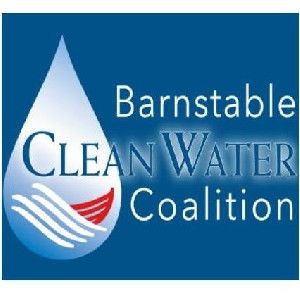Waters on Cape Cod are impaired, mostly by excess nutrients, including nitrogen and phosphate, and other contaminants. These waters include not only bays, ponds and streams, but the sole source aquifer that provides our drinking water. Although stormwater runoff and fertilizers are contributing factors, 80% of the nutrient pollution problems are septic system related. BCWC utilizes four core components to achieve our mission: Educate, Monitor, Mitigate and Advocate.Educate: Engage with our diverse community about water quality issues and challenges through outreach events, lectures, volunteer opportunities, and videos on our website.Monitor: Measure water quality using comprehensive scientific methods to collect qualitative and quantitative data. Our current monitoring locations include 31 ponds in Barnstable, the Three Bays estuary, and the Marstons Mills River.Mitigate: Implement and test Non-Traditional Technologies (NTTs) to clean our waters. These include: alternative septic systems, permeable reactive barriers, and shellfish propagation. Our newest natural treatment systems are three woodchip-based bioreactors being tested in a system of cranberry bogs in Marstons Mills. Advocate: Campaign for positive environmental change on local, state, and federal levels. Encourage the community to be a part of the solution.
|



